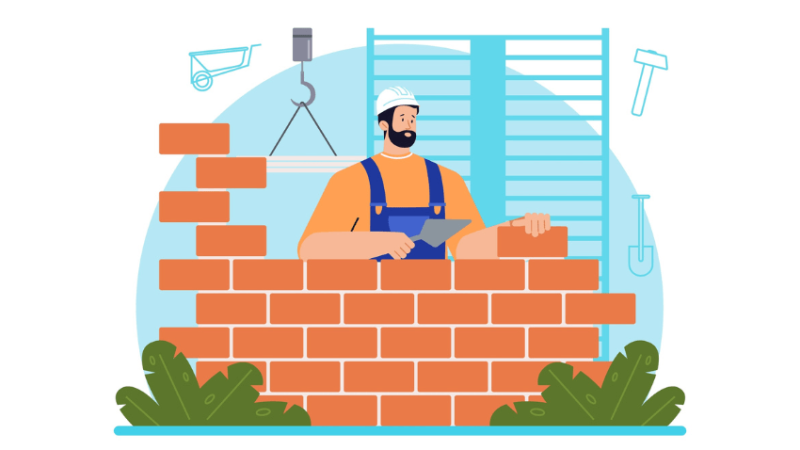It’s Simple – the Younger a Child is in the Year, the More Likely They’ll Fail the Test

A child’s age really matters, says John Coe
- by John Coe

It took a bit of hunting down but eventually I managed it. It wasn’t the DfE that supplied the 2017 phonic screening results analysed by month of birth, but there was the table, buried among government statistics. And mighty illuminating it was, too.
When the DfE decides on an expected level of performance, it does so for all the children in the school year. It is of absolutely no consequence in official eyes if a child is the youngest in the year, born in August perhaps, or the oldest, born the previous September.
All must reach the expected mark. So it is with the phonic screening check – the expected mark is 32 and a lower mark is a failure which requires a retake a year later.
In fact, the analysis shows a startlingly wide variation in performance related to chronological age. 88% of the oldest children met the expected level but, and this will come to no surprise to teachers and TAs, only 74% of the youngest reached the same level.
The variation was even wider for boys, 85% at one extreme to 70% at the other. If you plot the percentage reaching the expected level against the month of birth, what you get is an almost perfect straight line graph. The younger the child is in the year, the more likely it is that they will fail the test.
It is perfectly understandable and it does matter. The phonics test is the first of many national assessments that children will face and the age of five or six is much too young to be identified as a failure.
It would be a simple enough matter to fix an expected level for each month of birth, then there would be fewer undeserved failures. But the thinking behind the test is adamant in refusing to consider differences in age.
Could it be that the real intention is to control the reading curriculum and the more failures there are, the greater the pressure? Perish the thought!
Perhaps we should question the very idea of an expected level that is based on the crude assumption that all children must reach the same level of performance at the same moment which, for children in the last year of primary school, is when they are facing a SATs test paper.
Even worse, the final verdict on progress over seven years of primary teaching is made on the results of snapshot tests of only two aspects of education. This reduces the challenge and excitement of the primary years to Victorian elementary schooling.
There is so much more to be taken into account – the full range of learning in which the core skills are embedded and, of vital importance to the future, how children are developing as individuals. Do they have confidence in themselves and have they learnt how to learn?
A majority of our secondary colleagues are going to take little interest in the SATs results. They prefer their own assessments. What they want above all are enthusiastic and enterprising children who show clear evidence of wanting to learn.
A worrying gap has opened up between, on the one side, teachers who base their work on what they know about each individual child and, on the other, the political world which is overwhelmingly concerned with the accountability of the school.
The school is seen as a unit of the system and the accountability of the system is to the gross national product. It is the latter accountability which has been carried to extremes by refusing to acknowledge the age of the child, let alone the many facets of their life.
Accountability is important, but we have reached a harmful point where teachers are spending too much of their time assessing progress at the cost of time which is much better spent helping progress. Contrary to the claims of ministers, setting tougher tests and expected levels does not raise standards of achievement.
Only good teaching can do that, and coaching for improved results in national tests is far from good teaching. The accountability of teachers to the families they serve day by day must be balanced against the national accountability.
It is in the interests of children (and, ultimately, the gross national product) that a truer, more effective balance must be struck.
John Coe is a former headteacher and trainer of teachers and TAs.











